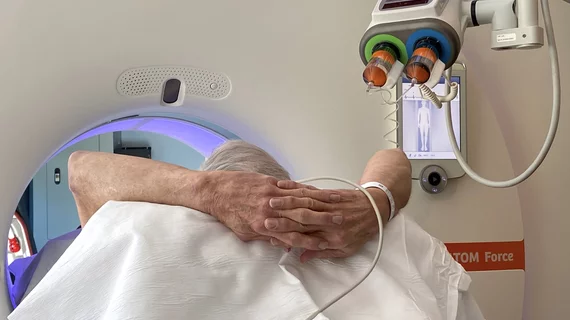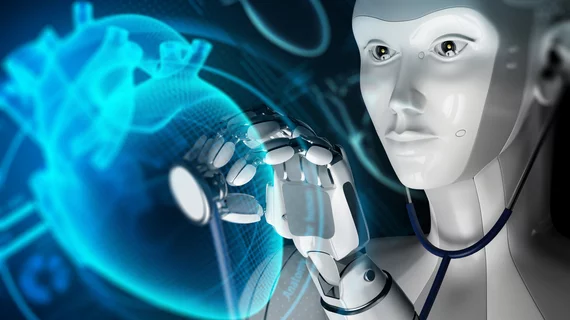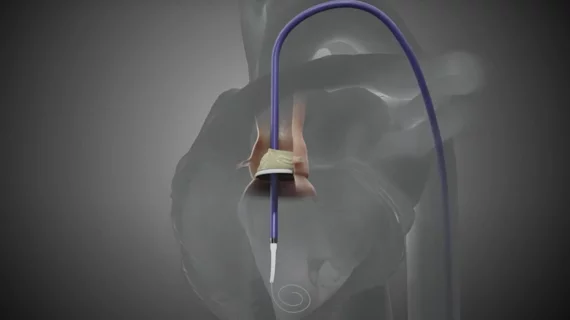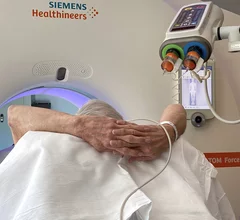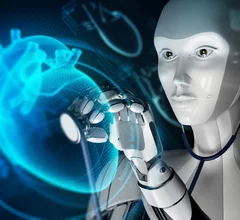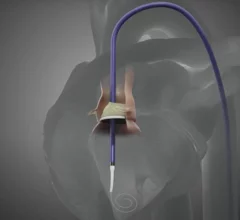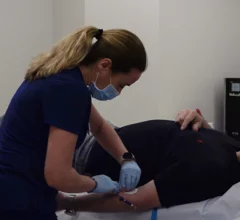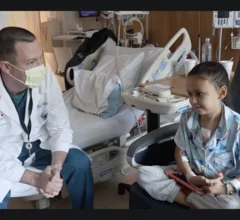Leadership
This news channel page highlights examples of leadership in hospital and health systems. While healthcare leadership is often seen as the positions of chief executive officers, chief clinical officers, chief of staff, and chief information officers, it also can can be other individuals or the entire healthcare system that shows unique ways to enhance patient care and manage strategies, quality, safety and revenue initiatives.
Displaying 1 - 8 of 188


